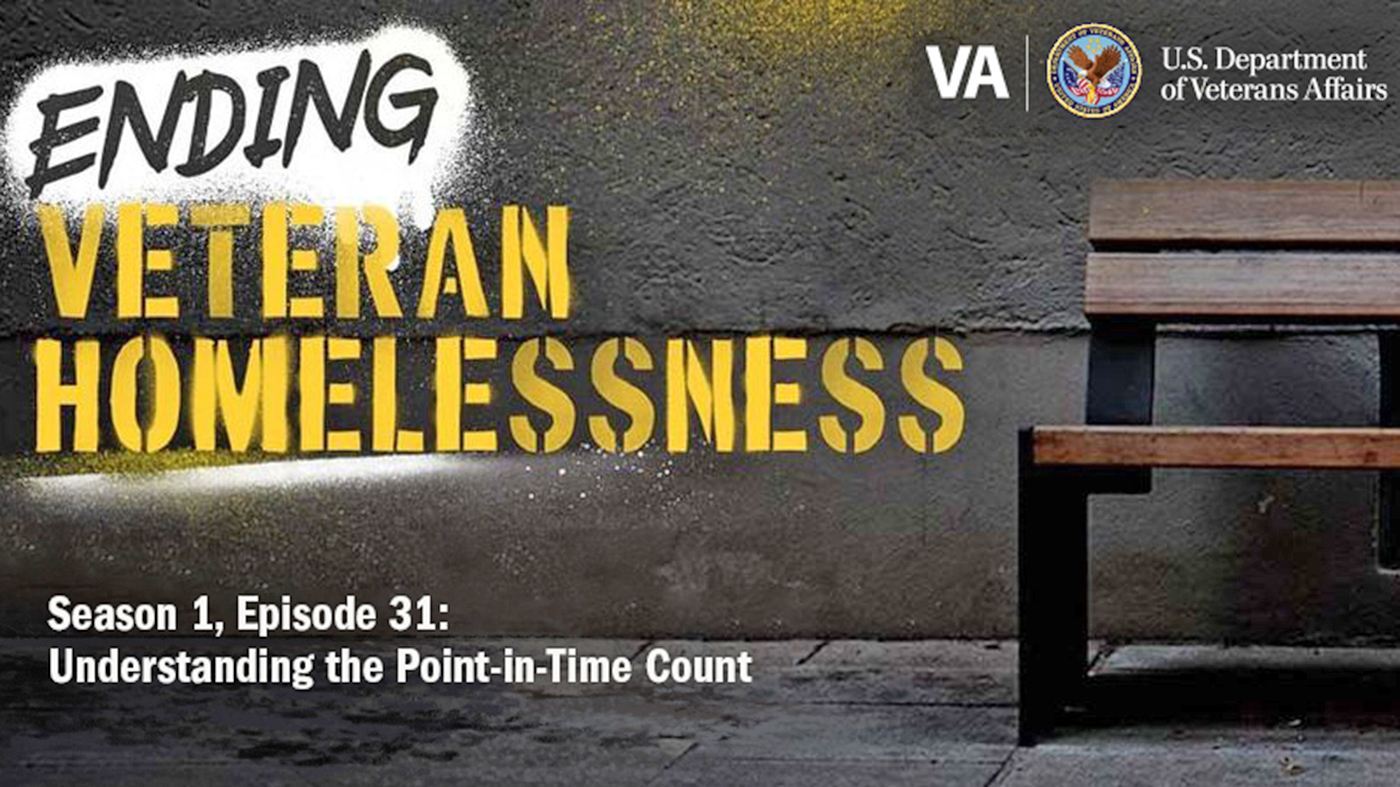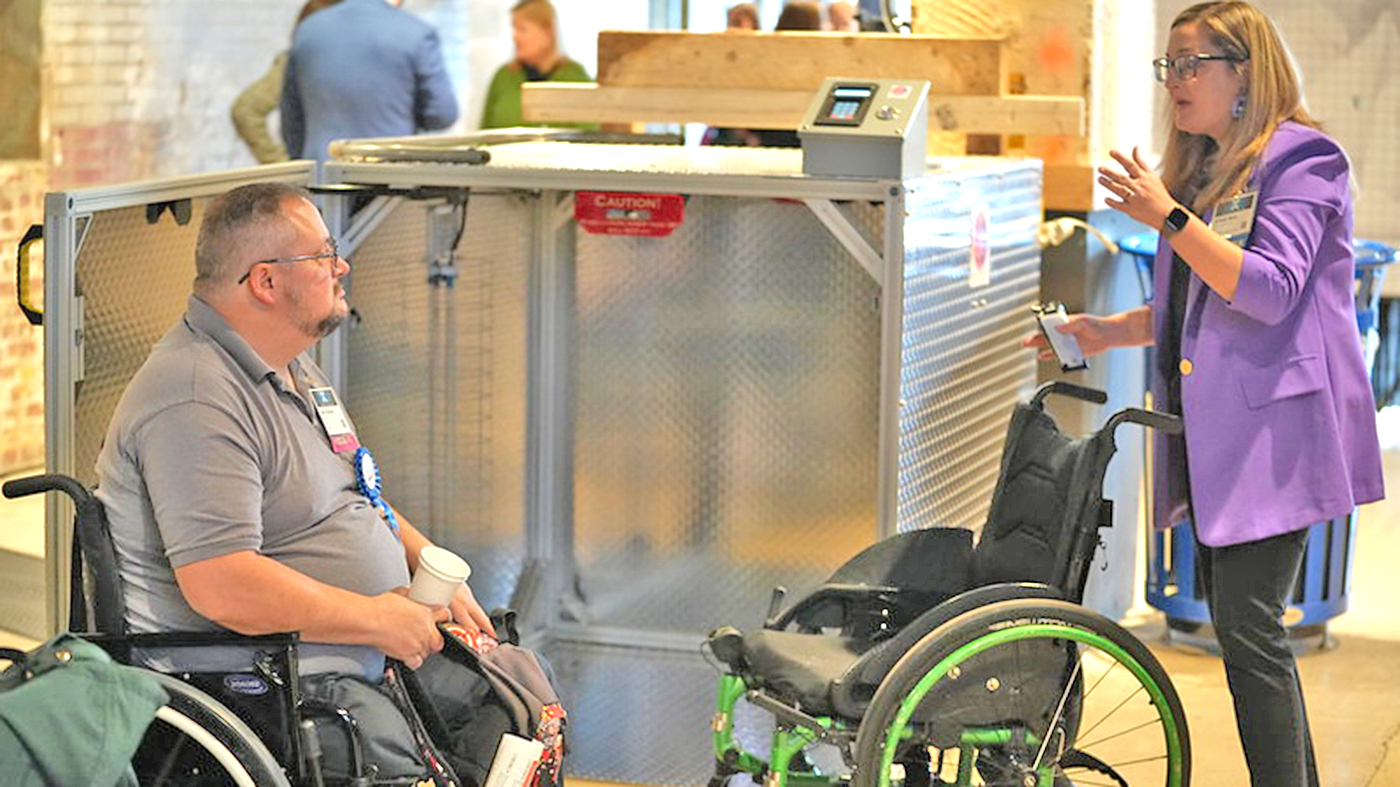Veterans nationwide who have cancer can access selected clinical trials virtually.
What is a decentralized clinical trial?
A decentralized clinical trial (DCT) is a type of research study where patients can participate from their own homes or local clinics rather than having to go to a specific research center or hospital. Through DCTs, doctors can find new ways to improve treatments and the quality of life for people with various diseases.
Researchers have designed DCTs to test new ways to treat or prevent cancer, to help manage symptoms and side effects of treatment, and to improve patients’ health and overall well-being. All research trials depend on patients volunteering to take part in them in order to advance medical knowledge.
VA has a DCT program for Veterans with cancer. There are several DCTs currently available, including ones for cancer treatment, for side effect management and for learning from Veterans’ experiences. The program is led by Dr. Daphne Friedman, National Oncology Program.
How to join a DCT and what to expect
If you are thinking about joining a clinical trial, the best place to start is to talk with your doctor or another member of your health care team. Together, you can determine if participating in a clinical trial is right for you. Your health care team will reach out to the DCT team so they can see if you are eligible to take part in it. Once you are deemed eligible, you will meet with a research coordinator from the DCT team to discuss the trial, including its purpose, procedures, potential risks and benefits—and your rights as a participant.
You will also have the chance to ask questions. If you are willing to participate in the DCT, you will provide informed consent. Once you have consented, you will be enrolled in the trial. Throughout the trial, you may be asked to complete certain activities, such as virtual visits with your provider, completing questionnaires or surveys, or providing samples (like blood or urine).
The DCT research team will closely monitor your health and participation throughout the life of the trial. You can decide to stop participation at any time. This will not affect your benefits or your chances of participating in another DCT in the future. By taking part in a DCT, researchers will learn more about your cancer, which will help other patients in the future.
Benefits of DCTs
- Convenience: It’s easier to take part in DCTs because they are designed to minimize disruptions to your daily routine.
- Increased access: You can participate in a clinical trial no matter where you live.
- Enhanced decision-making: By looking at all your treatment choices, including clinical trials, you are taking an active role in a decision that affects your well-being.
- Veteran-focused care: When you join a DCT, you receive extra attention, and your care is closely monitored by a team of experts to ensure you receive the best possible care.
- Helping others: You can help doctors learn more about cancer and help people in the future.
- No extra costs: You will not be charged for participating in a VA clinical trial. (You’ll still need to pay your regular co-payments for any health care services that aren’t part of the research study.).
Topics in this story
More Stories
William Snow, senior program specialist at HUD, explains how the Point-in-Time Count provides valuable data on Veteran homelessness.
Gratitude is a light that shines through life’s ups and downs. Embrace gratitude this holiday season in just five minutes for this week's #LiveWholeHealth practice.
VICK, a wheelchair-cleaning kiosk, is transforming wheelchair sanitation in VA hospitals with UVC technology.







Education on life style and diet for prevention ?
Early detection before spreading to lymph nodes ? This saved my wife’s health !!
Treatments closer to one’s home?
Great planning???
How can I apply to get the Multi-Cancer Early Detection Test? I have found information online that VA has had the ability to provide the test since 2022. Please advise.
what good are these notifications if they appear or arrive after the fact? or n is that the v.s.’s intention?